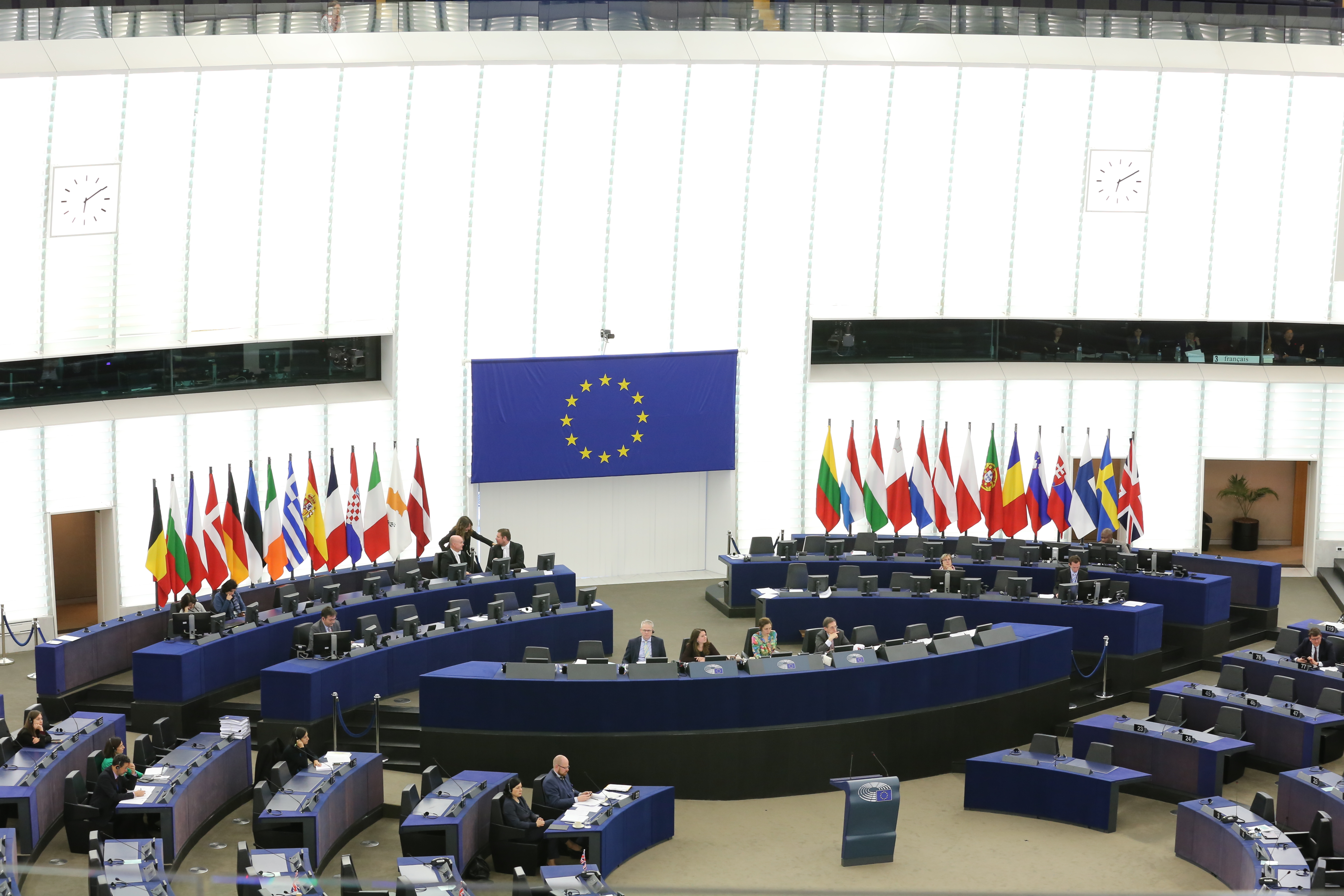
National minorities have unclear status in Europe
The independence aspirations of the Basque and Catalan minorities have caused serious political tensions for decades in Spain. The situation is similar in France, where the government, afraid of the disintegration of national unity, refuses to grant full autonomy to Corsica, which it has been demanding for decades. A European public initiative aims to collect signatures in a bid to persuade the European Parliament to put the issue of national regions on its agenda.
In Spain, Basque and Catalan aspirations for autonomy have been the source of national political tensions for decades. Some 860 people lost their lives in bombings carried out by the Basque Homeland and Freedom organisation ETA, which fought for more than 50 years for the separation of the Basque Country from Spain and the creation of an independent, socialist Basque state. The last victim of ETA attacks was a French police officer in 2010. The terrorist group then abandoned the armed struggle in exchange for a promise of autonomy from the Spanish government, and handed over their weapons to the authorities in April 2018.
Serious court rulings against pro-independence leaders
After the Catalan independence referendum culminated in fierce street clashes in October 2017, Europe has focused more of its attention on Catalonia in recent years. Spain s Supreme Court later declared that the plebiscite was unconstitutional. Catalan Prime Minister Carles Puigdemont and four ministers fled to Brussels and Berlin, but the Spanish government issued an international arrest warrant against them. The Supreme Court sentenced nine Catalan pro-independence leaders to 9 to 13 years in prison for rioting. The lengthiest prison term was handed down to former Catalan vice president Oriol Junqueras, who was found guilty of disrupting the constitutional order and misappropriating public funds. Mr Puigdemont and his ministers were sentenced to 9 to 11 years in jail and they were also barred from practicing public affairs.
If Puigdemont and Comín are extradited to Spain, they will be judged by the same court which sentenced Jordi Cuixart and Jordi Sánchez to 9 YEARS of prison for organizing a protest in which nobody was hurt (Amnesty has called for their immediate release).https://t.co/30O5h81JzX
— Joe Brew (@joethebrew) January 16, 2020
Meanwhile Mr Junqueras and Mr Puigdemont, along with Catalonia s former health minister Toni Comin, secured seats in the European Parliament during the May 2019 election and refused to return home from Brussels citing diplomatic immunity. Madrid s extradition request was denied by Belgium and Germany, so the former Catalan leaders can continue their striggle for Catalan autonomy, albeit only from outside Spain.
Macron insists on Corsica „autonomy” offer with no law-making powers, no co-official status for Corsican languagehttps://t.co/gbZ0LihF22 pic.twitter.com/WmtYwhKJdq
— Nationalia (@Nationalia) April 5, 2019
Macron refuses to give in, citing the constitution
Since 1976, the National Liberation Front of Corsica has spent four decades fighting for independence from France, with members of the organisation carrying out 4,500 bomb attacks on the island. The militant organisation announced the cessation of its armed struggle in 2014, but it refused to abandon its aspirations for autonomy at a political level. During the Corsican territorial elections in December 2017, the nationalist party alliance called Pé a Corsica garnered 45.4 per cent of the vote. Gilles Simeoni, the leader of the alliance, began talks with the French government on greater autonomy for the island and making Corsican an official language in France, but Emmanuel Macron firmly rejected both requests when he visited Corsica in February 2018. Mr Macron argued that the French constitution states the existence of a unified French nation and language, therefore autonomy would imply amendments to the constitution. Observers say the president refused to make concessions to Corsicans for fear that other regional minorities – such as the Bretons, Alsatians or Provencals – may also declare their desire for autonomy, thus posing a danger to France s national unity.
Planned partnership between South-Tyrol and Székelyföld https://t.co/IB6rHyIrmb #austria #italy #hungary #romania pic.twitter.com/38jcnSSRCz
— European Minorities (@eurominorities) December 13, 2018
South Tyrol, a positive example of autonomy
We find one of the few well-functioning national autonomies in Europe in northern Italy, in the region of South Tyrol (Sudtirol). The 1946 agreement concluded by the Austrian and Italian foreign ministers granted linguistic, legislative and executive autonomy for the Austrian-German minority living in the province of Bolzano (Bozen). In 1971, after Austria s sustained pressure on its neighbour through the UN General Assembly, the Italian parliament adopted the Statute of Autonomy, which granted autonomous status for the minority group in the region. Today, South Tyrol is one of the richest provinces in Italy, and the Austro-German minority living there enjoys full political, economic, educational and cultural autonomy since 1992.
The European Citizens Initiative has launched a signature drive on protecting national regions. The initiative aims to raise the debate on the rights of national regions and their support by the EU to the European Parliament s agenda.
Tags:

